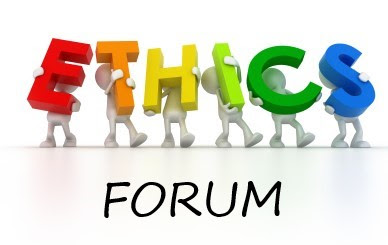“If one, because of one’s sincerely held moral beliefs, whether it be Jew, Muslim, Christian, Catholic, opposes the idea of same-sex marriage in Canada, is that considered ‘hate’?”
The question was not rhetorical. Nor was it theoretical. Fr. Alphonse de Valk, a Basilian priest and pro-life activist known throughout Canada for his orthodoxy, is currently being investigated by the Canadian Human Rights Commission (CHRC) — a quasi-judicial investigative body with the power of the Canadian government behind it. The CHRC is using section 13 of Canada’s Human Rights Act to investigate the priest. This is a section under which no defendant has ever won once the allegation has gone to tribunal — the next stage of the process.
Most defendants end up paying thousands of dollars in fines and compensation. This is in addition to various court costs. Moreover, defendants are responsible for their own legal defense. In contrast, the commission provides free legal assistance to the complainant.
What was Father de Valk’s alleged ‘hate act’?
Father defended the Church’s teaching on marriage during Canada’s same-sex ‘marriage’ debate, quoting extensively from the Bible, the Catechism of the Catholic Church, and Pope John Paul II’s encyclicals. Each of these documents contains official Catholic teaching. And like millions of other people throughout the world and the ages - many of who are non-Catholics and non-Christians — Father believes that marriage is an exclusive union between a man and a woman.
The response from Mark van Dusen, a media consultant and spokesperson for CHRC, shocked me. I have interviewed van Dusen in the past and he has always struck me as an honest person willing to field tough questions on behalf of the commission. If he feels an accusation against the commission is hogwash, he states so plainly. If he feels the CHRC and its personnel are being unfairly tainted, he states so boldly.
Yet van Dusen did not dismiss the question out-of-hand as I thought he would. “We investigate complaints, Mr. Vere,” he said, “we don’t set public policy or moral standards. We investigate complaints based on the circumstances and the details outlined in the complaint. And …if…upon investigation, deem that there is sufficient evidence, then we may forward the complaint to the tribunal, but the hate is defined in the Human Rights Act under section 13-1.”
In other words, individual Jews, Muslims, Catholics and other Christians who, for reasons of conscience, hold to their faith’s traditional teaching concerning marriage, could very well be guilty of promoting hate in Canada. The same is true of any faith community in Canada that does not embrace this modern redefinition of one of the world’s oldest institutions — a redefinition that even the highly-secularist France rejects.
Read it all here.
For related stories about the Canadian Human Rights Commission go here and here.

No comments:
Post a Comment